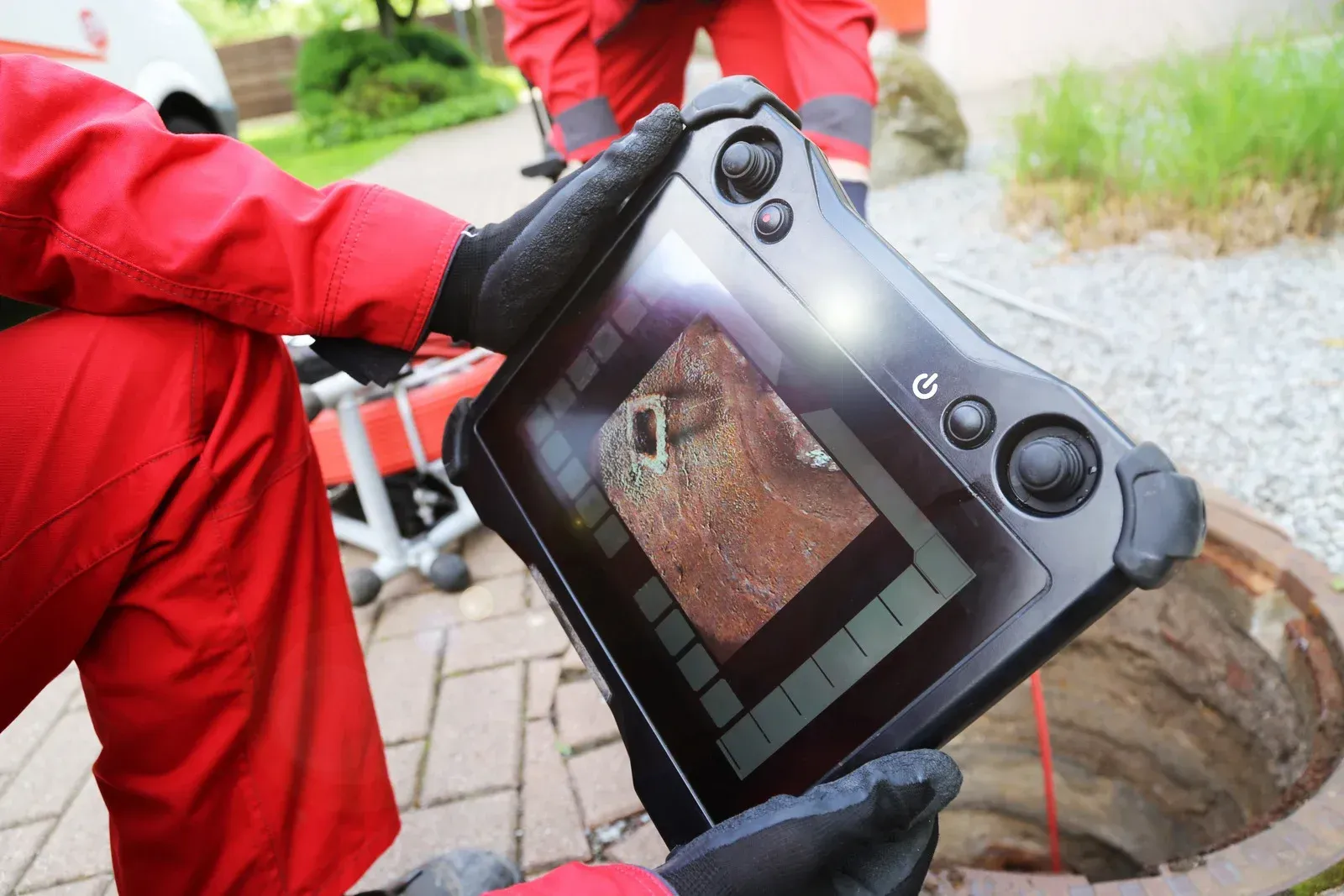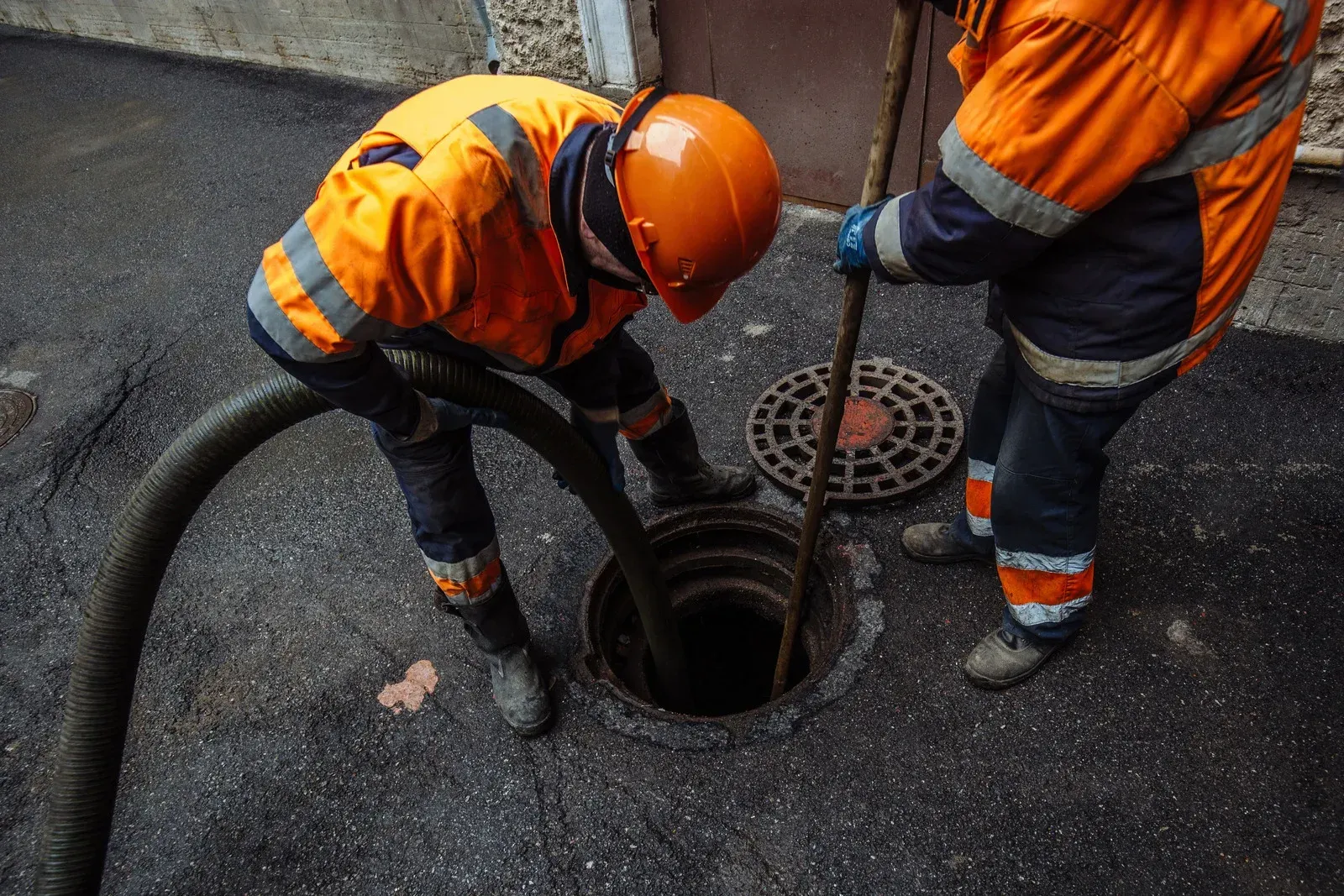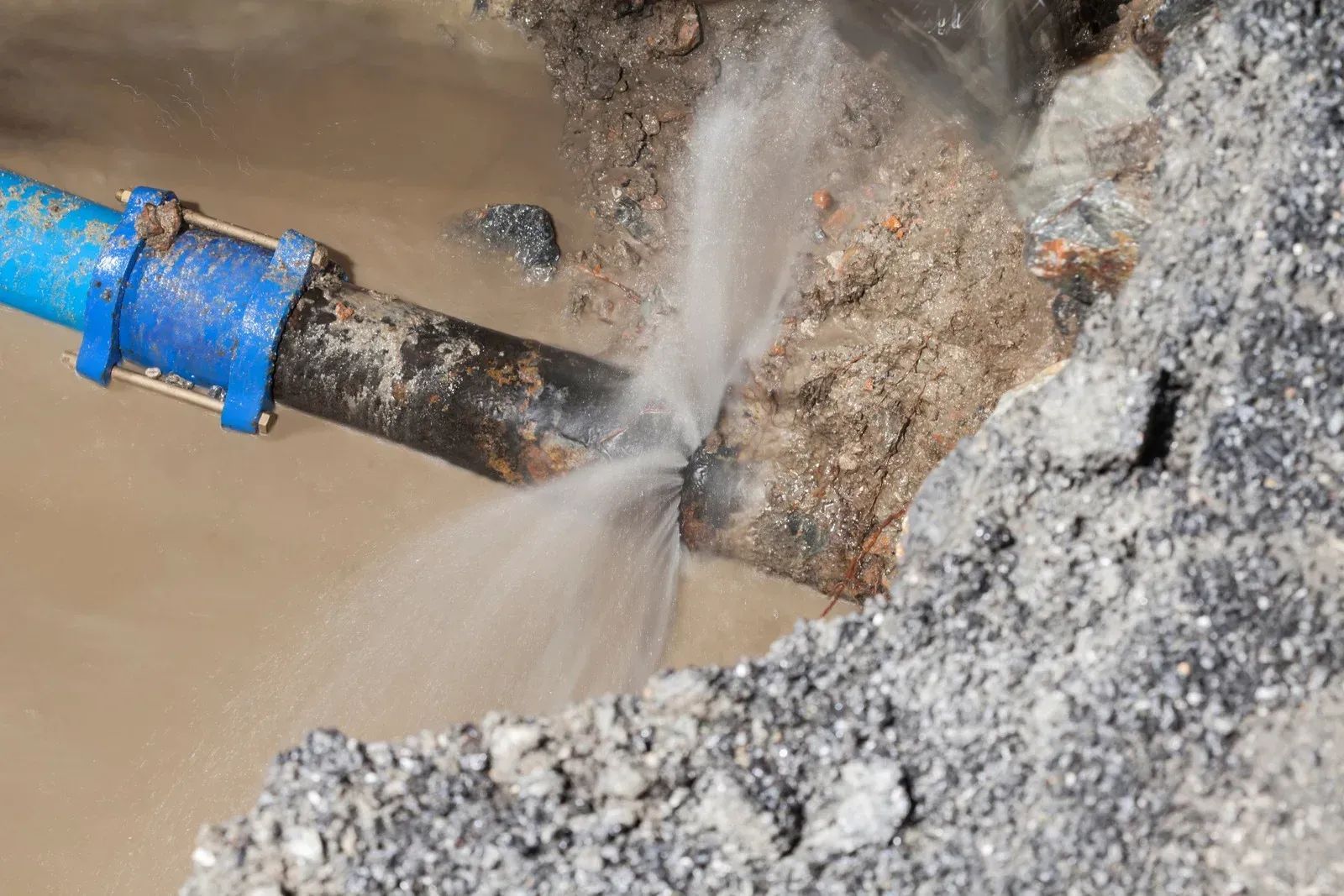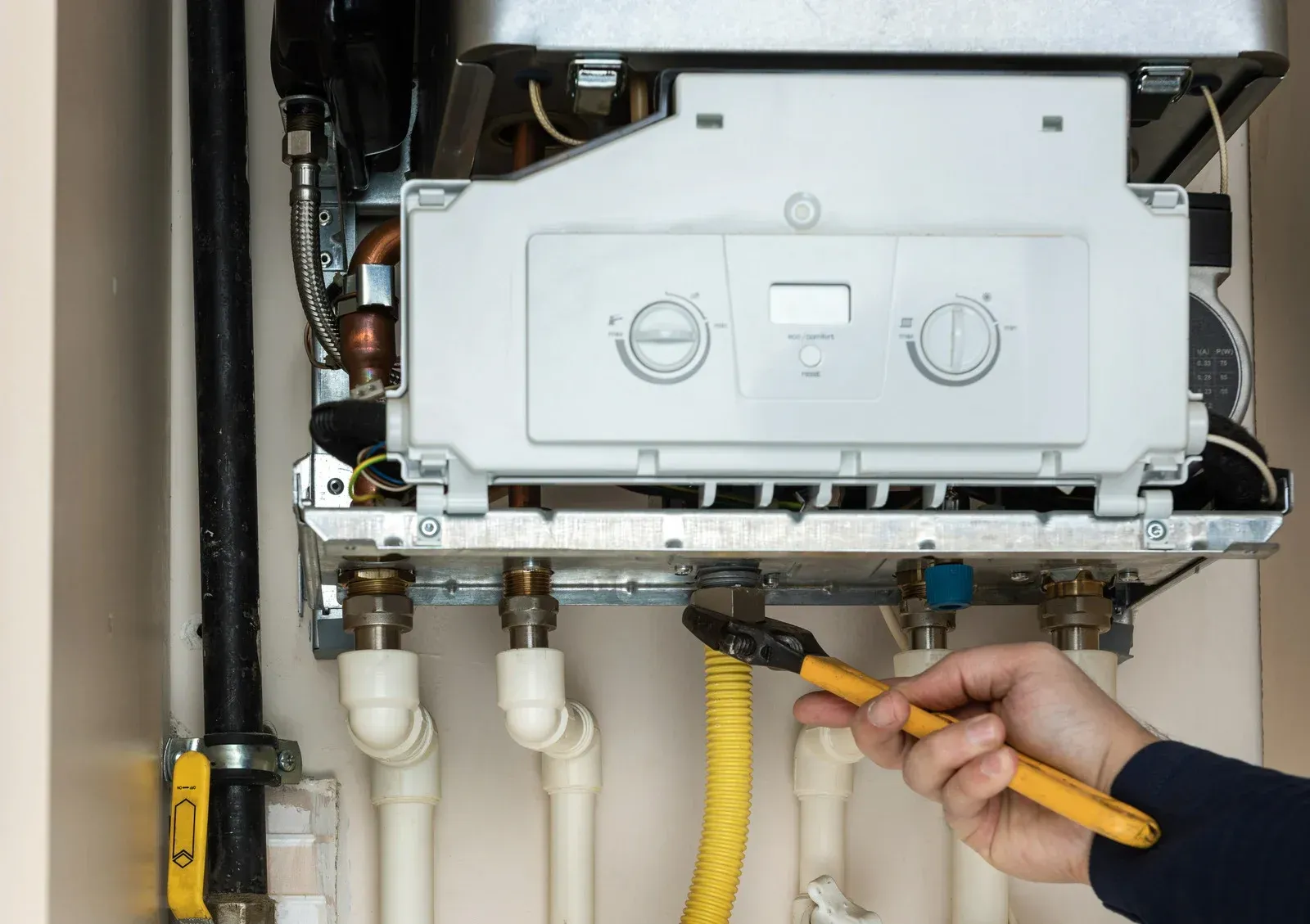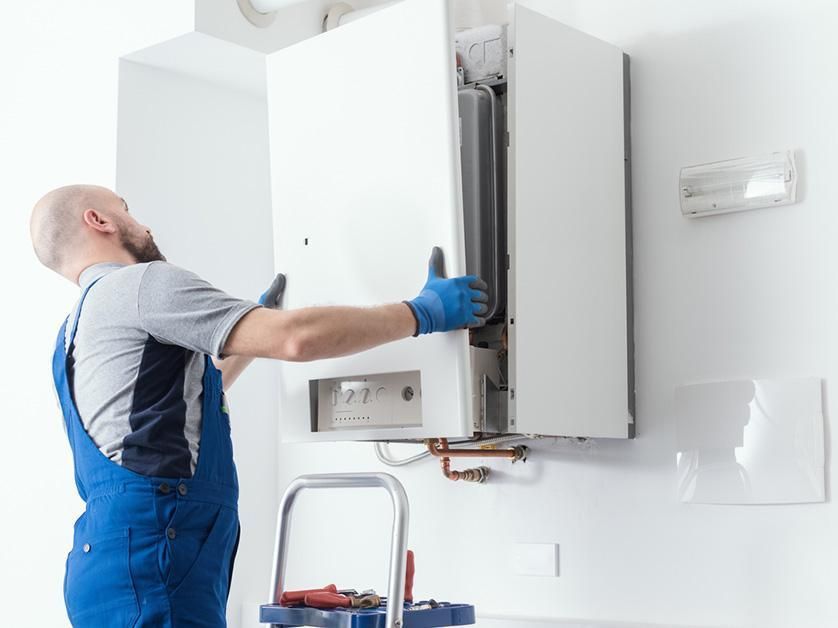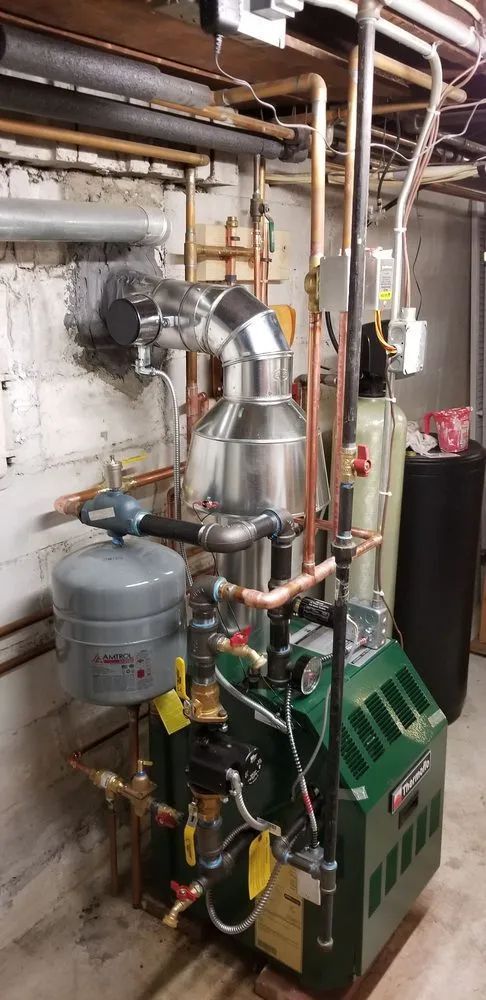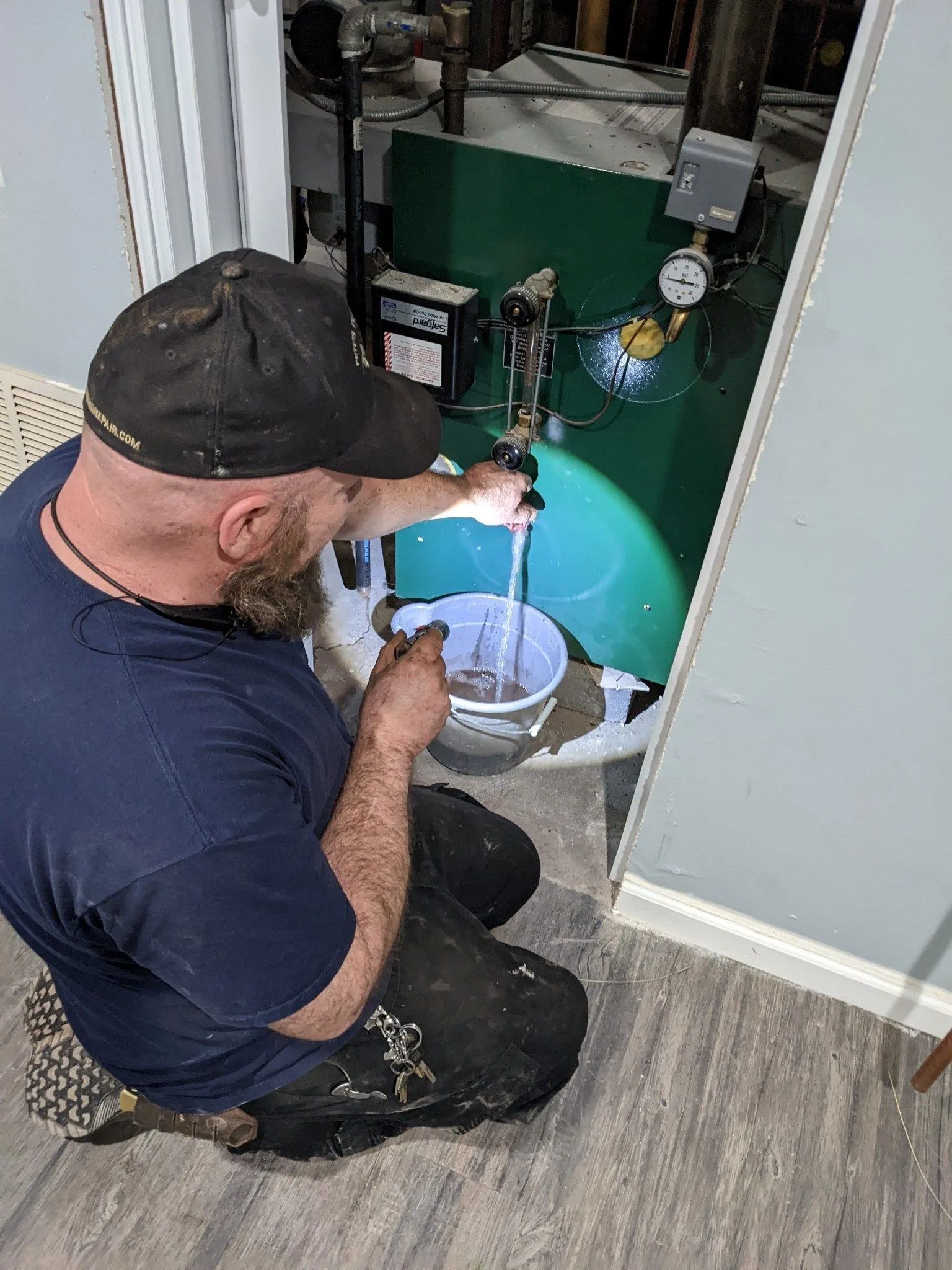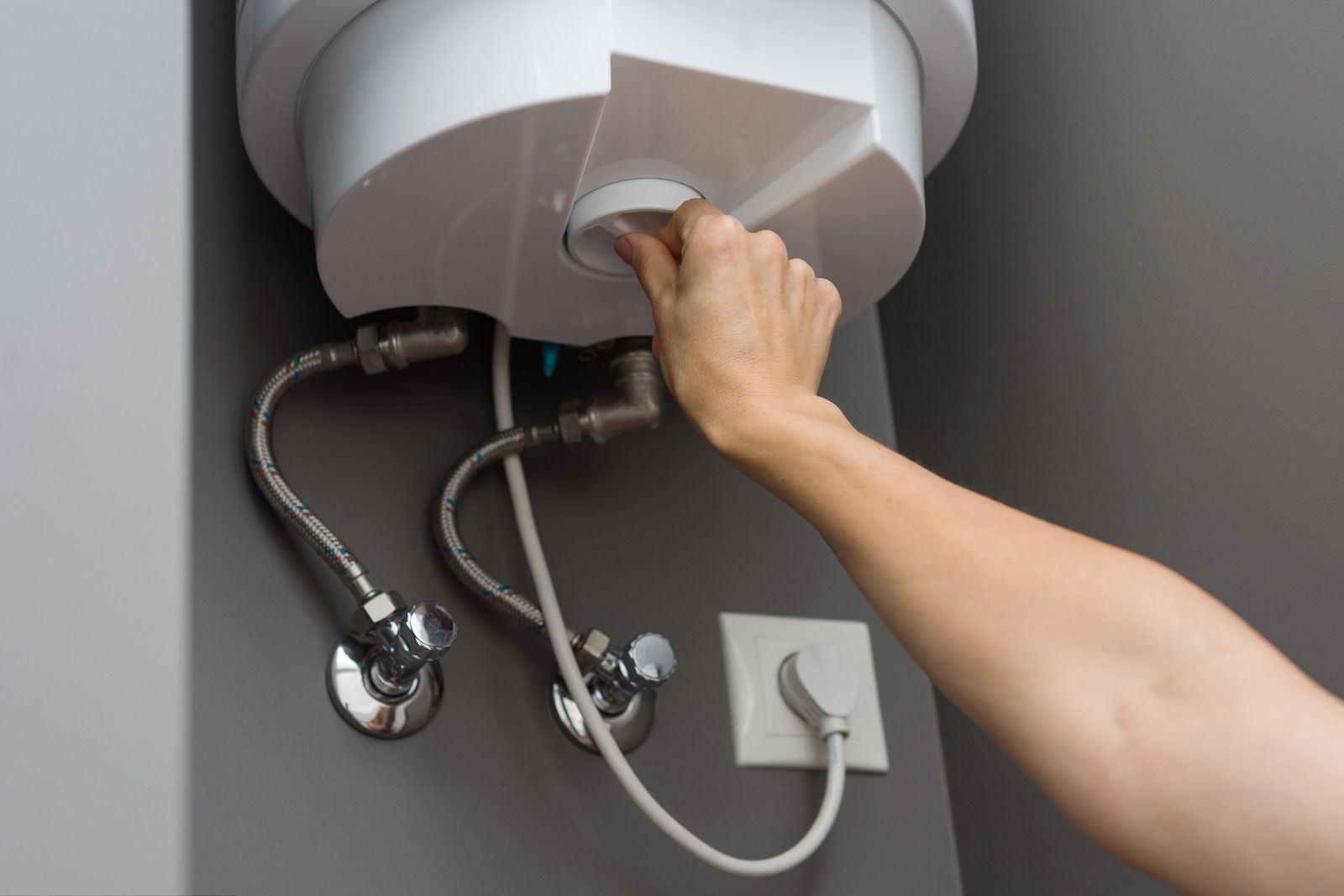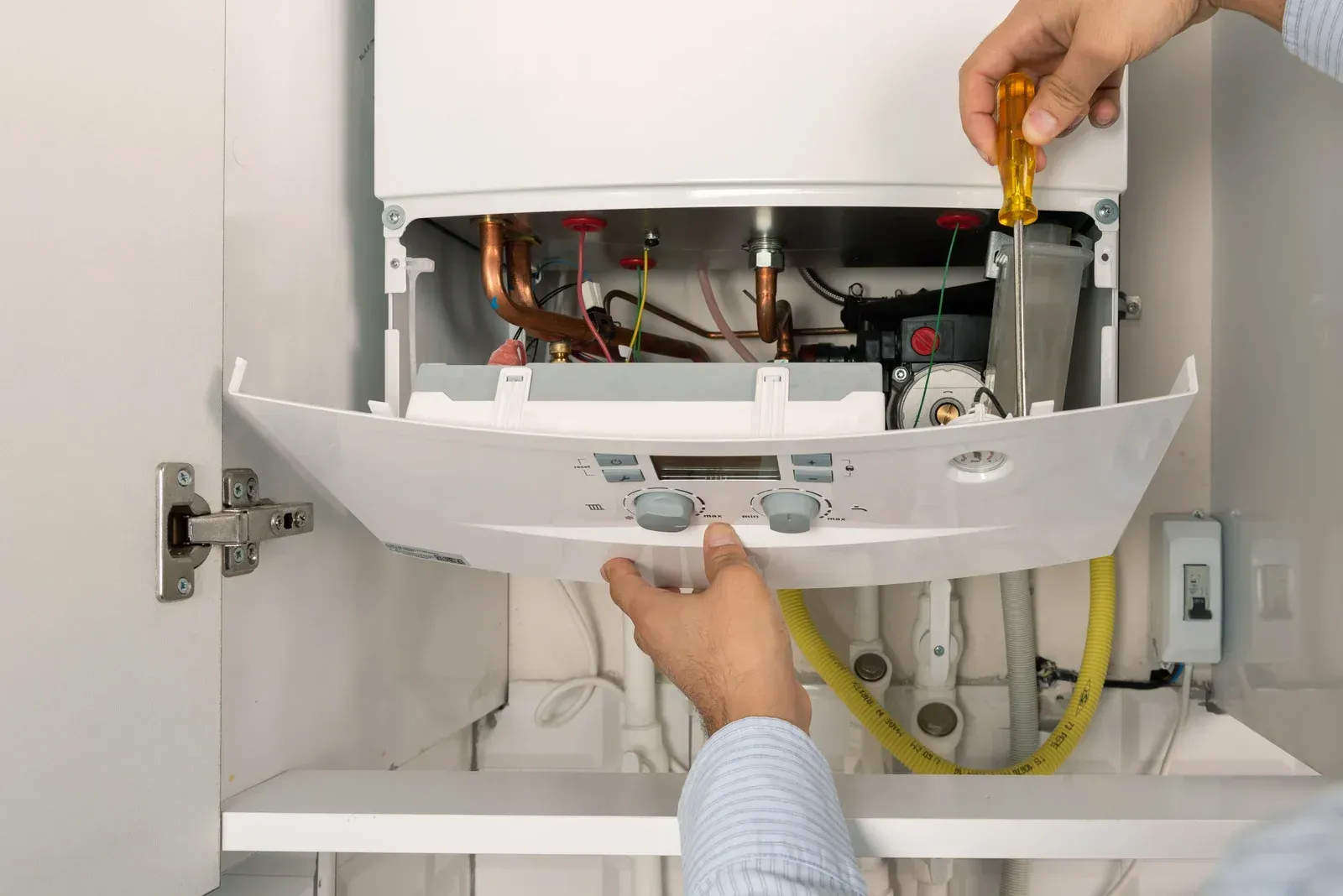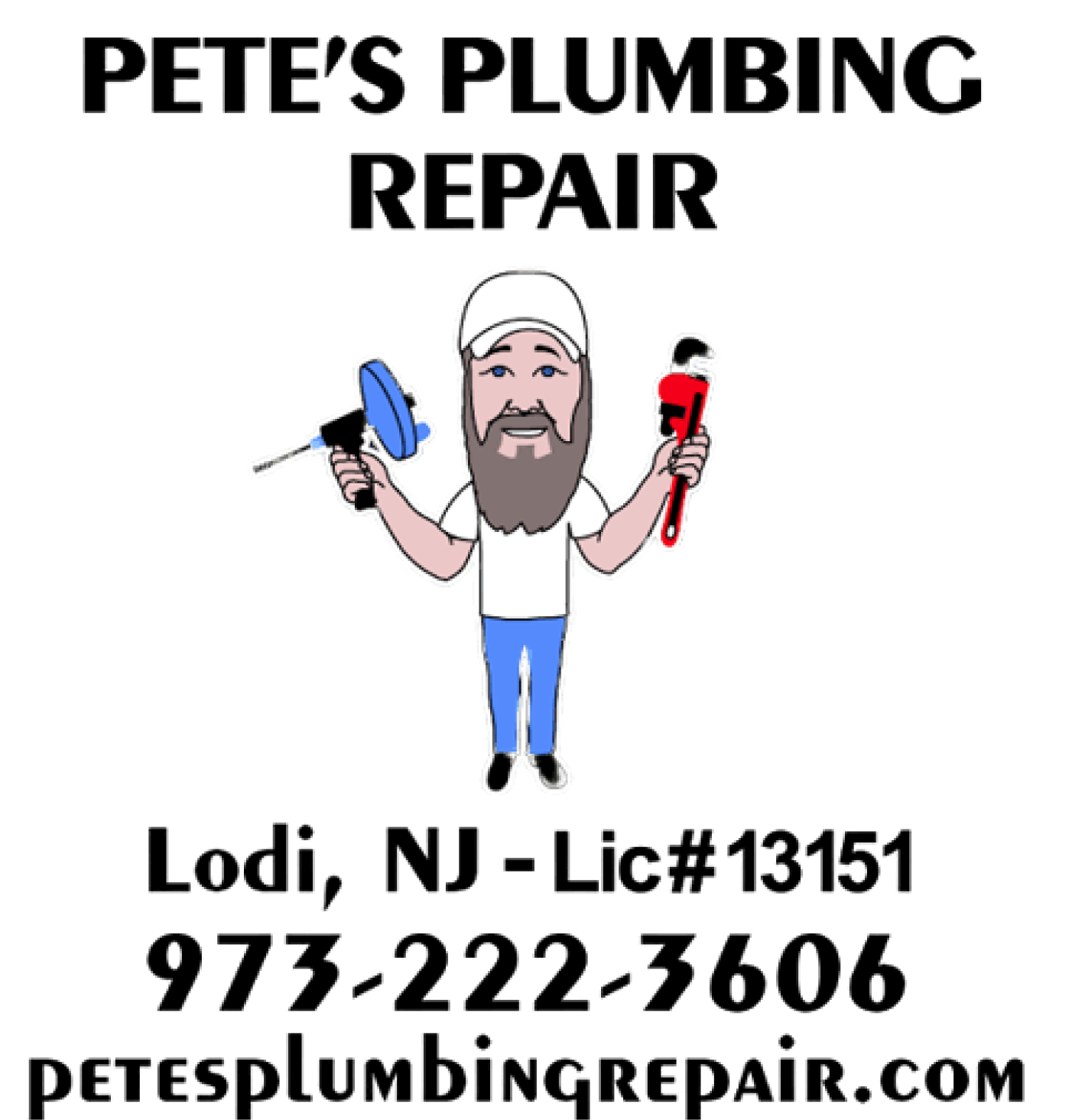Expert Tips for Water Heater And Boiler Care
Water heaters and boilers are essential in providing comfort in homes and businesses, offering hot water and heating solutions. However, their efficiency and longevity depend heavily on regular maintenance. This blog advises maintaining your water heater and boiler, ensuring optimal performance and safety.
The first step in proper maintenance is understanding the type of system you own, whether it's a conventional storage water heater, a tankless system, or a combination boiler. Each type has its specific maintenance needs; understanding these requirements is key to effective care.
Regular Maintenance for Longevity and Efficiency
- Annual Inspections and Cleaning : Annual professional inspections are crucial for identifying leaks or corrosion in your water heater or boiler. For water heaters, particularly those with a tank, it’s important to flush out sediment build-up at least once a year to maintain efficiency and prolong the appliance's life. Regularly checking and testing the pressure relief valves is also vital to ensure they operate correctly, preventing dangerous pressure buildups.
- Preventive Measures : Using a water softener in areas with hard water can prevent mineral buildup in your water heater and boiler. Insulating the water heater tank and the pipes can significantly reduce heat loss, enhancing efficiency and saving energy costs. Additionally, maintaining the temperature at an optimal level, generally around 120°F for water heaters, can prevent overheating and reduce energy consumption.
- Boiler-Specific Maintenance : For those with a boiler system, annual radiator bleeding to remove trapped air is necessary for efficient heating. For gas boilers, keeping an eye on the pilot light is important; a blue flame indicates good health, while a yellow or orange flame could signify a problem. Insulating the pipes in a boiler system can also prevent heat loss and avoid freezing during colder months.
Importance of Energy Efficiency and Safety
A well-maintained water heater or boiler doesn’t just offer the benefit of a prolonged lifespan; it also ensures safe and efficient operation. Poorly maintained systems can become safety hazards, particularly in gas systems with a risk of carbon monoxide leaks. They also tend to consume more energy, leading to higher utility bills.
Knowing When to Replace
Even with meticulous maintenance, there comes a time when replacement is more economical than repair. Signs that indicate the need for replacement include decreased efficiency, frequent need for repairs, persistent leaks, or simply the age of the system, especially if it's over 10-15 years old. Modern water heaters and boilers are more energy-efficient and could be a cost-effective long-term investment.
Balancing Professional Help with DIY
While homeowners can manage some maintenance tasks like sediment flushing or insulating pipes, others require professional expertise. Tasks such as annual inspections, handling gas lines, and major repairs should be left to certified technicians to ensure the highest safety and efficiency standards.
Conclusion
Regular and effective
water heater and boiler maintenance is essential for ensuring efficient and safe operation. By understanding the specific needs of your system, conducting regular checks and cleanings, and seeking professional help when necessary, you can enjoy uninterrupted comfort from your water heating and boiler systems.
